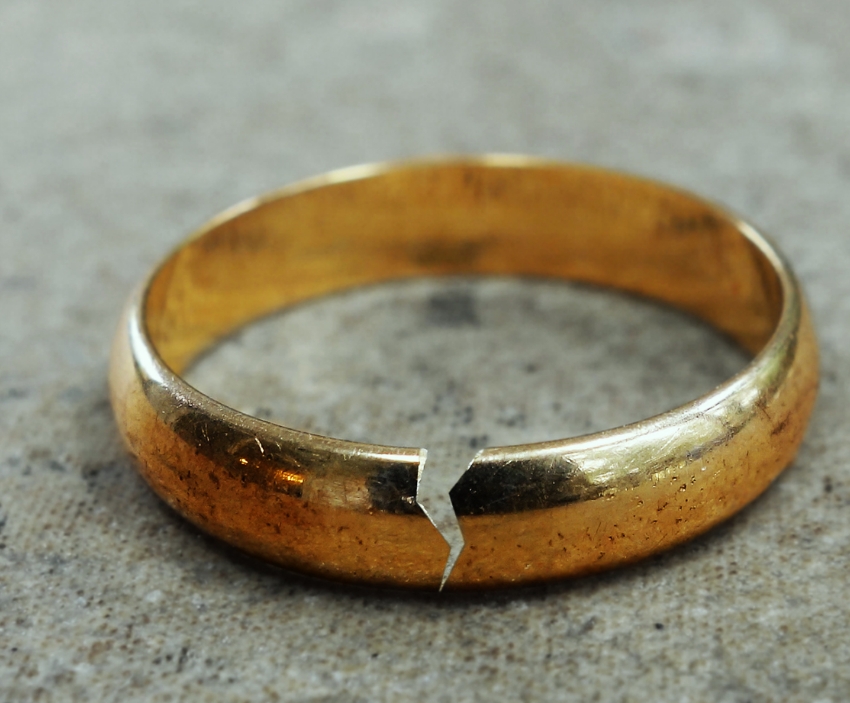What's so scary about the rabbinical court?
The benefits that the rabbinical court will give you if you choose to conduct divorce proceedings there and when it should be your first choice

The rabbinical court was referred to as "a court for men only." Apparently due to an anti-feminine image of the Rabbinical Court, a fundamentally patriarchal institution influenced by Hebrew law (but subject to Israeli law) in which the woman is allegedly inferior to the man who is considered the "head of the family". More than once, a client comes to me reflecting on her fear of court proceedings and feeling weak compared to her former spouse.
So I have good news: there is nothing to fear from the Rabbinical Court. And even the opposite.
The Rabbinical Court protects the woman and grants her unique remedies
The rabbinic court protects the woman's rights and grants her remedies that do not exist in a family court. Moreover, there is no corresponding civil legislation that allows a woman to receive these rights except for the rabbinic court and by virtue of Jewish law, such as:
- Warrant for a specific section. For example, if a husband refuses to grant a divorce to his wife, an order can be issued against him, obliging him to allow the wife to live in the parties' home until the divorce is granted.
- Spousal maintenance: additional relief for women by virtue of Jewish Halacha until the divorce is approved. Let's say that a couple is in the process of divorce but has not yet been granted a divorce (for one reason or another). At the wife's request, the court can oblige the husband to pay the wife an amount every month until the divorce is granted. This will allow her to maintain her standard of living. Alimony for a wife can reach thousands of shekels per month.
What about the ketubah?
The ketubah that the husband signs just before the chuppah, usually in a side room with the rabbi and male witnesses, is a promissory note the husband gives to the wife. When the marriage expires, he is obligated to pay her the stated amount. The ketubah can only be invoked in a rabbinical court, which many women are unaware of, and certainly not in a civil court.
The rabbinical court has unique and exclusive authority to compel the husband to pay the amount specified in the ketubah. Despite some cases when the rabbinic court refers to or can refer to the earlier letter, or if there is a letter for an amount - for example, one million shekels - the husband does not possess, the court still does not abandon the case, and tries to make the husband pay as much as possible in other ways. For example, if the couple sells the shared apartment, then instead of dividing the property half and half, the rabbinic court can order the husband to give his share (of his half) of the value of the ketubah.
The rabbinic court sanctifies the ketubah, which is a right given to a woman that we will not easily give up. And it's not that men don't try. There are several grounds for revoking a woman's right to her address, the most famous of which is "a cheating wife", but proving infidelity is difficult in the rabbinical court. It must be confirmed by witnesses and in a legal process. That is, it is not enough that the husband believes that the wife has cheated on him. He must prove it to invalidate the wife's right to her address.
Conclusion
If you get married in a rabbinate, the rabbinical court will be contacted after the relationship ends. This is because he is the only one who can permit marriage. Although this is a religious and conservative institution that will do its part to preserve the couple and the family by sanctifying family values, if your husband hurries to the rabbinical court to open a case, it is imperative to know that this is not something that you should be afraid of, but rather seek the advice of a lawyer. Experienced and attentive in family law, she is well-versed in divorce proceedings in both the Rabbinical and Family Court. She will accompany you through the process, protect your interests and rights and obtain the most favorable divorce agreement for you and your children.
The article is general and should not be seen as individual advice.
This article should not be considered legal advice or a substitute for individual legal advice. If necessary, consult an attorney specializing in family law.




